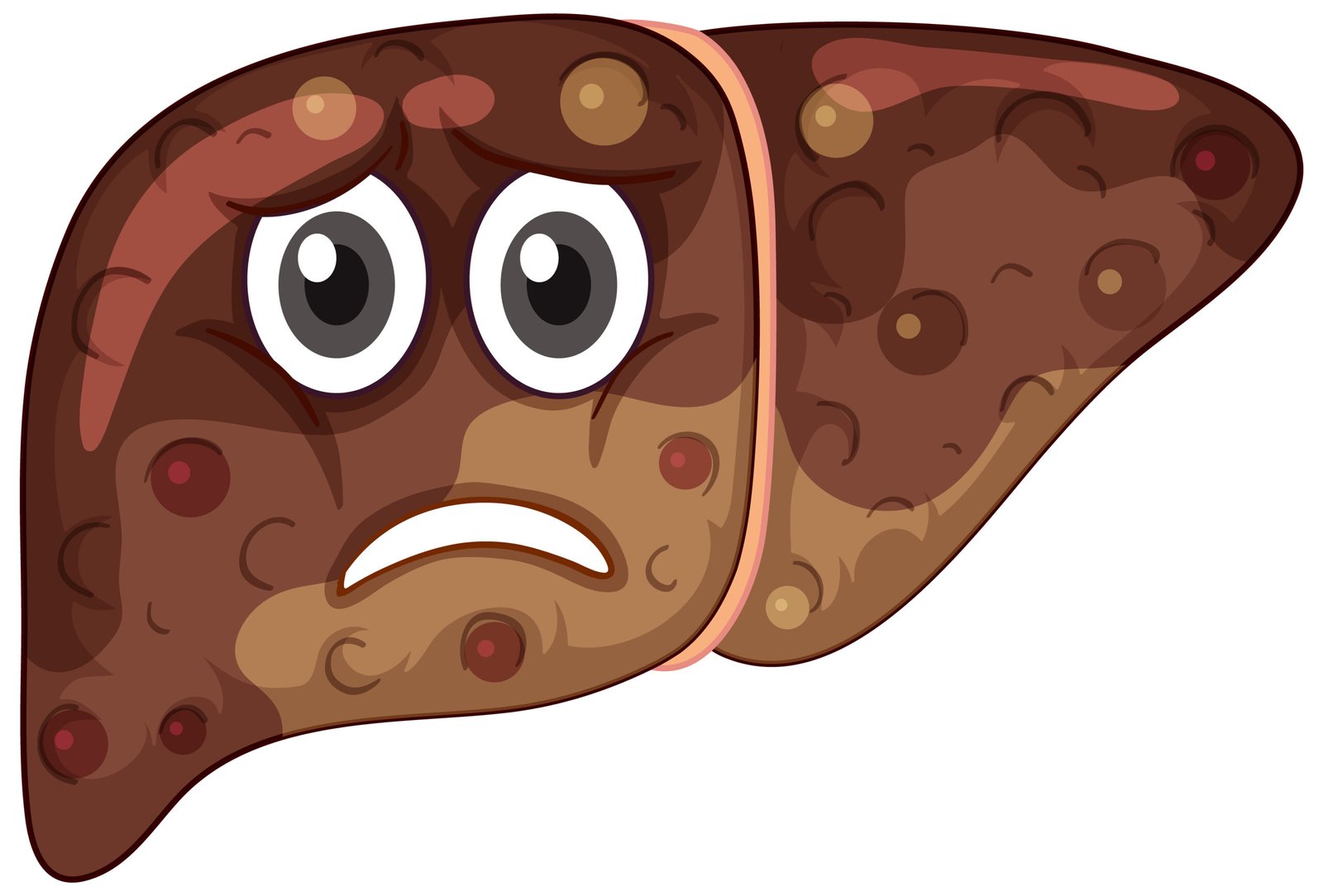
Does Fatty Liver Cause Bloating and Gas?
Yes, a fatty liver can cause bloating and gas. These symptoms occur because a fatty liver impacts your digestion and metabolism, leading to discomfort in the gastrointestinal (GI) system. Here’s why it happens and remedies to manage it:
Why Fatty Liver Causes Bloating and Gas
- Impaired Liver Function: The liver plays a crucial role in digestion, especially in breaking down fats. When the liver is fatty, its efficiency is reduced, leading to slower digestion and bloating.
- Excess Fat Accumulation: Fat buildup in the liver can increase inflammation and interfere with the production of bile, which is necessary for fat digestion.
- Gut Microbiota Imbalance: Fatty liver is often associated with changes in gut bacteria, leading to excessive gas production.
- Sluggish Metabolism: A fatty liver can slow down overall metabolism, leading to poor digestion and accumulation of gases in the stomach and intestines.
- Associated Conditions: Fatty liver often occurs with other digestive issues like acid reflux, irritable bowel syndrome (IBS), or small intestinal bacterial overgrowth (SIBO), which also cause bloating and gas.
Remedies for Managing Bloating and Gas with Fatty Liver
Dietary Changes
- Low-Fat Diet: Reduce intake of saturated fats (fried foods, fatty meats) to ease the liver’s workload.
- Increase Fiber: Foods like vegetables, fruits, and whole grains improve digestion and prevent constipation, which can worsen bloating.
- Eat Smaller Meals: Eating smaller, more frequent meals prevents overloading the digestive system.
- Avoid Trigger Foods: Limit processed foods, carbonated drinks, dairy (if lactose intolerant), and artificial sweeteners, which can increase gas.
- Include Antioxidants: Add foods like berries, green tea, and leafy greens to combat inflammation in the liver.
- Stay Hydrated: Drinking plenty of water helps flush toxins and improve digestion.
Natural Remedies
- Lemon Water: Stimulates bile production and supports liver detoxification.
- Ginger Tea: Reduces bloating and aids digestion.
- Peppermint Tea: Relieves gas and soothes the digestive system.
- Apple Cider Vinegar: A tablespoon in warm water before meals can help digestion.
- Turmeric: Contains curcumin, which reduces liver inflammation and promotes digestion.
Lifestyle Adjustments
- Regular Exercise: Activities like walking, yoga, or light aerobic exercises help improve metabolism and digestion.
- Maintain a Healthy Weight: Losing excess weight can significantly reduce liver fat and alleviate bloating.
- Avoid Alcohol: Alcohol worsens liver health and contributes to digestive discomfort.
- Practice Stress Management: Stress can exacerbate GI symptoms. Try meditation, breathing exercises, or hobbies to relax.
- Don’t Lie Down After Eating: Wait at least 2–3 hours after meals to avoid indigestion and bloating.

Supplements
- Probiotics: Help balance gut bacteria and reduce gas production.
- Milk Thistle: Supports liver health and detoxification.
- Vitamin E: Reduces liver inflammation associated with fatty liver disease.
- Digestive Enzymes: Aid in breaking down food more effectively, reducing gas and bloating.
When to See a Doctor
If bloating and gas persist despite lifestyle changes or are accompanied by:
- Severe abdominal pain
- Jaundice (yellowing of the skin/eyes)
- Significant weight loss
- Persistent diarrhea or constipation
Consult a healthcare professional to rule out other conditions like cirrhosis, gallbladder issues, or intestinal problems.
By improving liver function and adopting these remedies, you can reduce bloating, gas, and other digestive discomforts associated with fatty liver disease.




